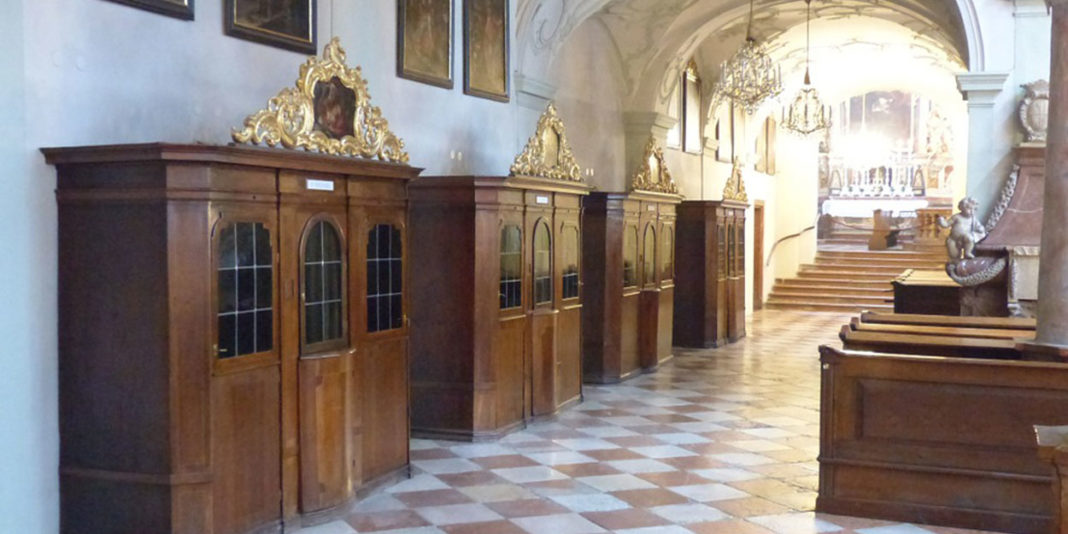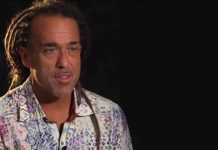If a child confessed to you that they were being sexually abused by an adult, or an adult confessed that they had sexually abused a child, would you not want to report it to the relevant authorities in order to protect the child in question, or any further children from falling prey to the same abuse? Sounds like the most sensible and responsible thing to do. But in the Catholic Church things aren’t that simple…
What is said to a priest in the confessional remains in the confessional. Confession, or the Sacrament of Penance, is one of the “seven sacraments of the church”. What takes place there is protected by the “Seal of the Confession” which has been in place since as early as 1215. If the priest breaks the seal, or in other words reveals what has been said in the confessional, he is automatically expelled from the church.
Australia’s Royal Commission into Institutional Responses to Child Sexual Abuse has ruled that priests, or clergy, who do not report suspected child abuse cases should be punishable by law. This means that even those priests who have heard things in the confessional, would be obliged by law to report them, in other words, breaking the “Seal of Confession”. It is not surprising then that the Roman Catholic Church in Australia is against such a law being passed. Some priests have said that they would rather go to prison than break the seal.
Stephen Woods who was abused as a child by a priest and 2 other men, welcomed the commission’s findings but said they were long overdue. “Victims have always been advocating that there is no logical reason, none whatsoever, that child abuse should ever be hidden. It is the most heinous of criminal activity you can imagine, and for a religion to declare that it’s their right to hide it is a most disgusting argument. It’s immoral.”
The Royal Commission said the recognition of the right to freely practise one’s religious beliefs must be balanced against the right of children to be protected from sexual abuse. The Royal Commission has been examining abuse accusations in the Anglican Church, the Jehovah’s Witnesses and Orthodox Judaism and other religious institutions in Australia. Considering that it has estimated 7 percent of Catholic priests in Australia had been accused of sexually abusing children between 1950 and 2010, as well as the fact that abusers had confessed to priests that they had sexually assaulted children and then went on to reoffend, before coming back and confessing and seeking forgiveness yet again, the church will have some tough decisions to make if this law is put in place. Is keeping the law of the church religious freedom? Or social irresponsibility on a grand scale?
Louise Carter










